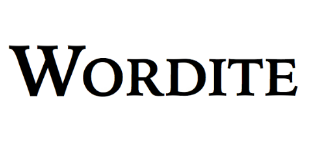wot - What does it mean?
'wot' hits on the web
You may have been searching for a specific social media @wot profile or the tag #wot
Definition of 'wot'English
Etymology 1
An extension of the present-tense form of (m) (verb) to apply to all forms.
Verb
( en-verb)
(archaic) To know.
* 1526 , William Tyndale, trans. Bible , John XII:
- He that walketh in the darke, wotteth not whither he goeth.
* 1855 , John Godfrey Saxe, Poems , Ticknor & Fields 1855, p. 121:
- She little wots , poor Lady Anne! Her wedded lord is dead.
* 1866 , Algernon Charles Swinburne, "The Garden of Proserpine" in Poems and Ballads , 1st Series, London: J. C. Hotten, 1866:
- They wot not who make thither [...].
* 1889 , William Morris, The Roots of the Mountains , Inkling Books 2003, p. 241:
- Then he cast his eyes on the road that entered the Market-stead from the north, and he saw thereon many men gathered; and he wotted not what they were [...].
Etymology 2
From (m), in return from (etyl) (m).
Verb
(head)
(wit)
Etymology 3
Representing pronunciation.
Interjection
( en-interj)
what (humorous misspelling intended to mimic certain working class accents )
* 1859', Then, '''wot with undertakers, and wot with parish clerks, and wot with sextons, and wot with private watchmen (all awaricious and all in it), a man wouldn't get much by it, even if it was so. — Charles Dickens, ''A Tale of Two Cities (Penguin 2003, p. 319)
- Wot , no bananas? (popular slogan during wartime rationing)
Anagrams
* (l), (l), (l), (l), (l)
----
Similar to 'wot'what, wet, wat, watt, wit, wait, whet, whit, woot, weet, wut, whot, wott
|
